Kathy Earle had her right hip replaced the first Monday in June. Two days later, she found herself recovering at home and ready to climb the 14 stairs to her second-floor bedroom.
With her daughter, Emily Adamczyk, behind her for support, Earle, 62, recited the rule she learned from the staff at Spectrum Health Blodgett Hospital, where she had her surgery: “Up with your good leg first, down with your bad leg first.”
The mother and daughter had picked up that tip and many others when, a few weeks before her surgery, they attended a joint replacement class for patients and their caregivers.
Adamczyk heard this tip again just before discharge, at a new class offered for caregivers of hip and knee replacement patients.
Ready to go
The pre-discharge class packs a lot of information into a half hour, including cautions and reminders. The class made Adamczyk more comfortable with the idea of being her mom’s at-home caregiver.
“Seeing what she was capable of in the hospital was great, but then it was like, ‘Oh boy, now I have to support her by myself,’” she said. “To have a chance to sit down and hear it all again in class was really helpful.”
In addition to providing information about helping patients move around safely, the class—co-taught by a registered nurse and a physical or occupational therapist—covers several other topics, including:
- Wound care
- Pain medications and pain management
- Preventing blood clots, infections, constipation and falls
- When to seek medical help
- Alternatives to the emergency department, such as orthopedic urgent care centers
The orthopedics team rolled the class out in March to give caregivers more confidence as they take their loved ones home, according to Liz Schulte, MSN, RN, nurse manager.
“Our patients are seeing shorter and shorter times in the hospital, and when they go home they still have a long road of recovery ahead,” Schulte said. “So to prepare that caregiver, who will be the one helping them with their medications, helping them ambulate—all of these hands-on things—it better sets them up for success.”
Consulting her class notes at home helped, too, Adamczyk said. When her mom’s leg began to swell, she checked a class handout to confirm that swelling is a normal part of the healing process.
“I think that if I didn’t know that, I would have been nervous,” she said.
Spectrum Health’s joint replacement program is one of the largest in the country and one of the first that The Joint Commission certified for total hip and total knee replacements.
“Part of the certification process is looking at your whole program and looking at what you can improve,” Schulte said, noting the program’s recent re-certification. The joint replacement discharge class is a step toward improved patient outcomes.
Freedom from pain
From Earle’s perspective, her outcome has been “amazing.” Just nine days after surgery—about a week ahead of schedule—she abandoned her walker and began using a cane to get around the house.
“Each day there’s something that gets a little easier. Each day it gets stronger,” said Earle, a retired elementary school teacher who lives outside Rockford, Michigan. “It’s amazing what the human body can do.”
Her right hip replacement has gone so well that she even plans to ask her surgeon, Thomas Malvitz, MD, about moving up the date of her eventual left hip replacement, she said. After dealing with arthritis pain for more than two years, she’s excited about the prospect of being free of pain.
“She loves to travel and has gone a lot of places with this sore hip, but it has slowed her down a lot,” Adamczyk said. “It was affecting her quality of life.”
Once Earle’s post-surgery driving restriction is lifted, one of her first trips this summer may well be to Lake Michigan.
“I definitely am looking forward to walking on a beach,” she said. “I think that would be an awesome thing.”
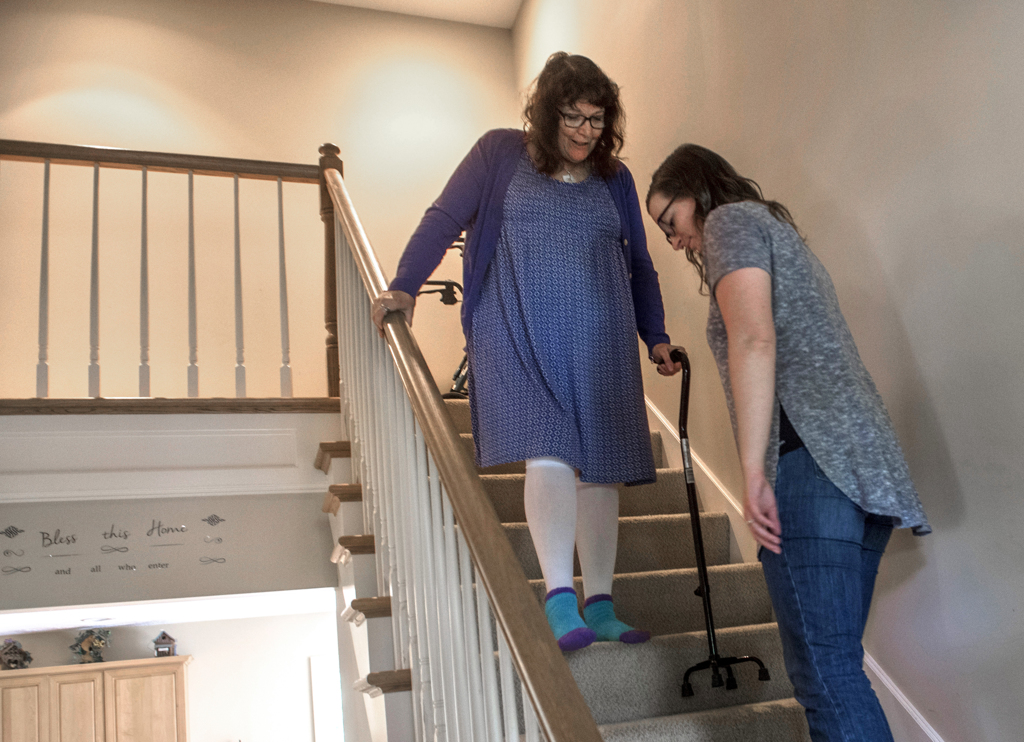
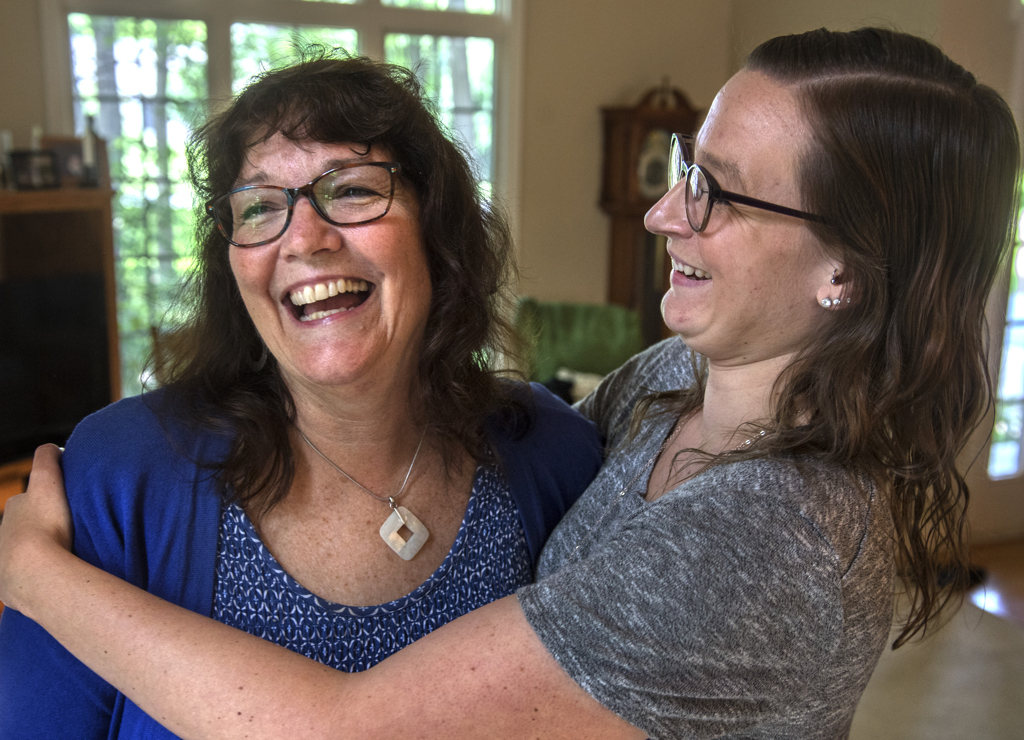
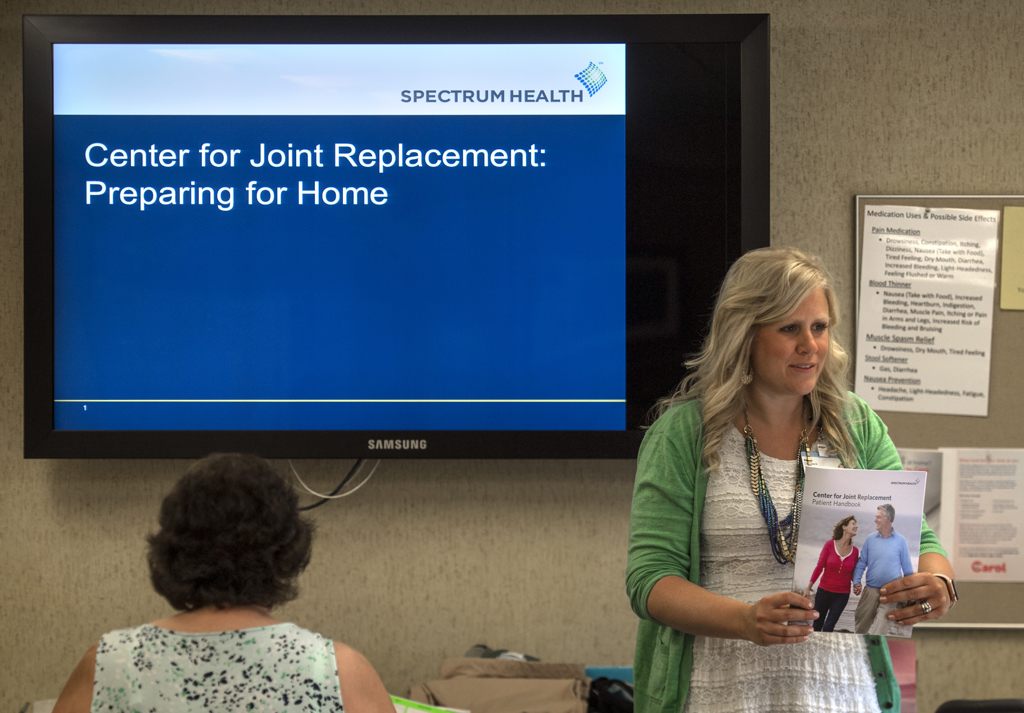
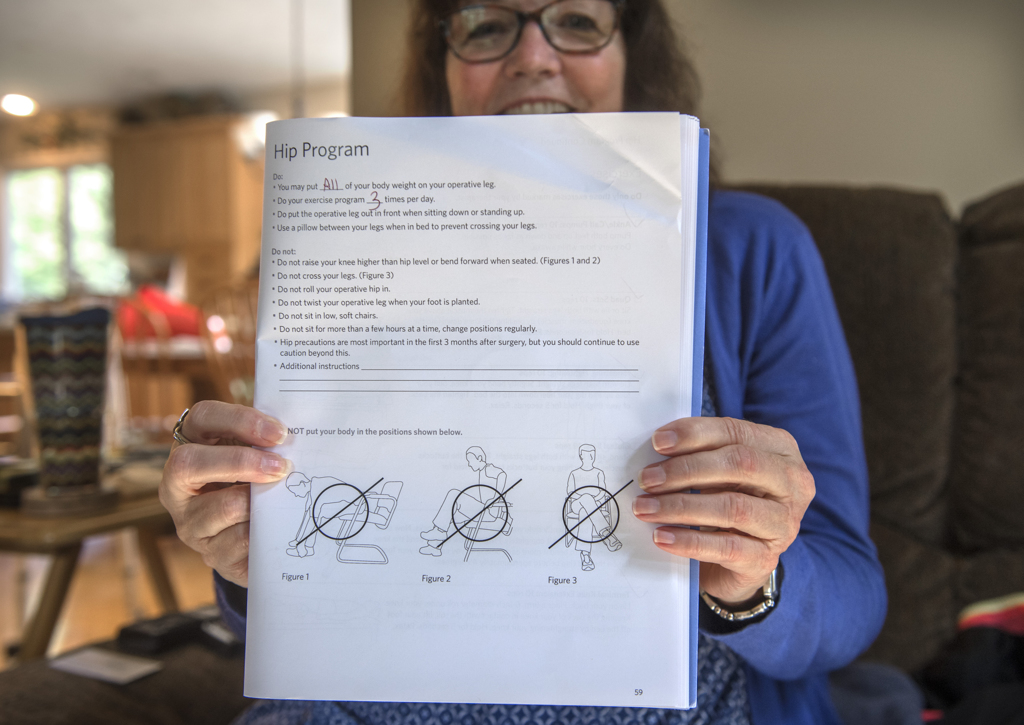
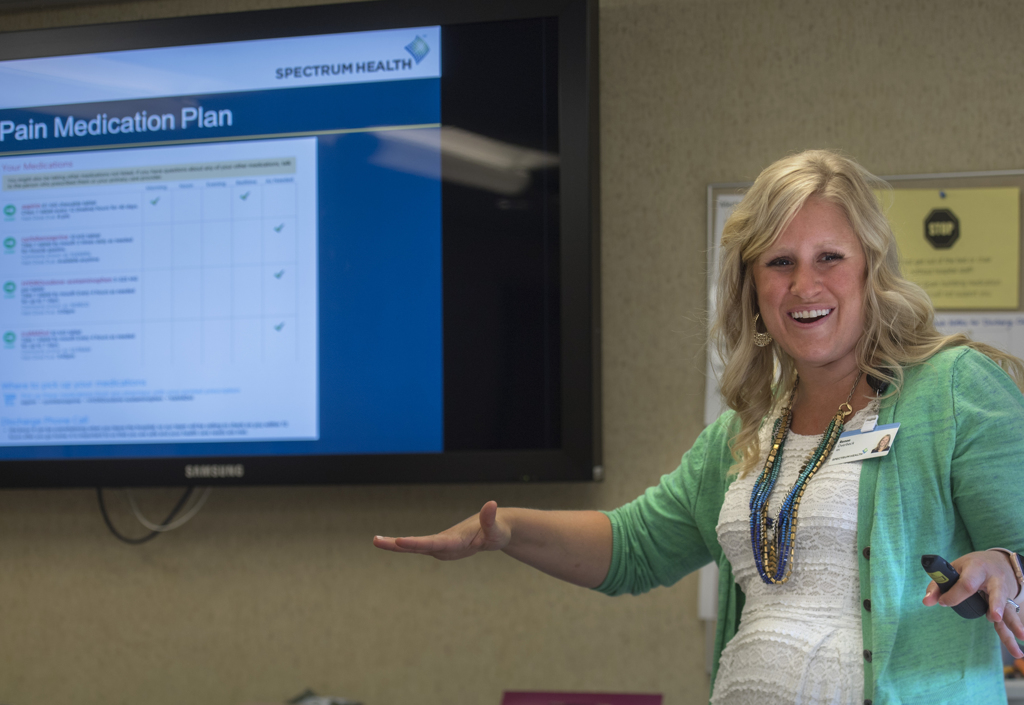
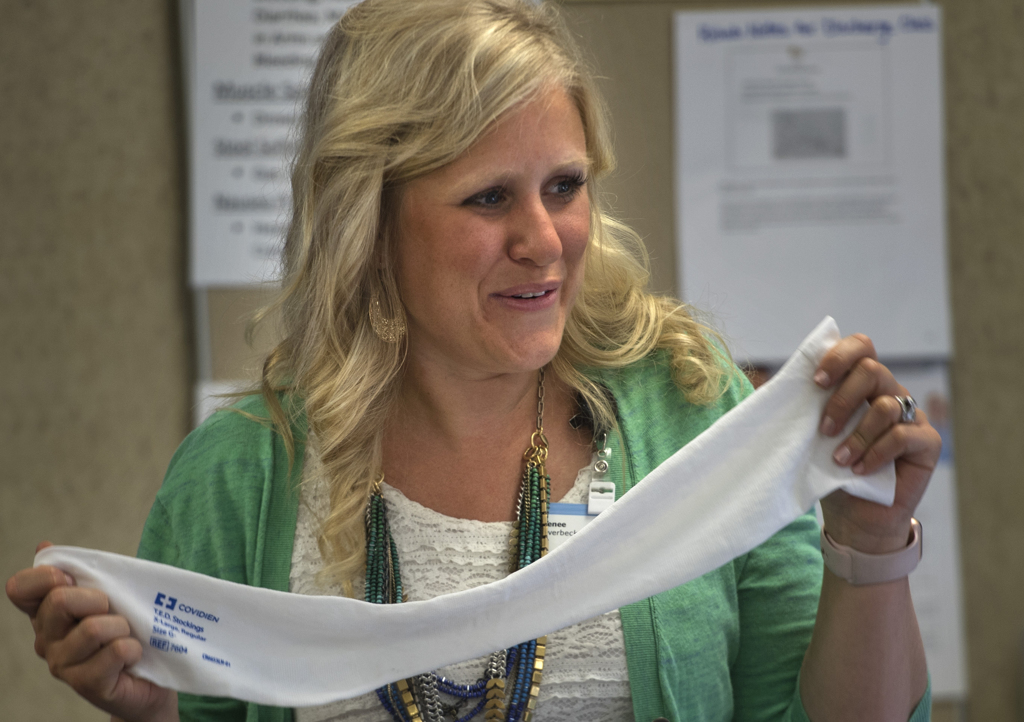
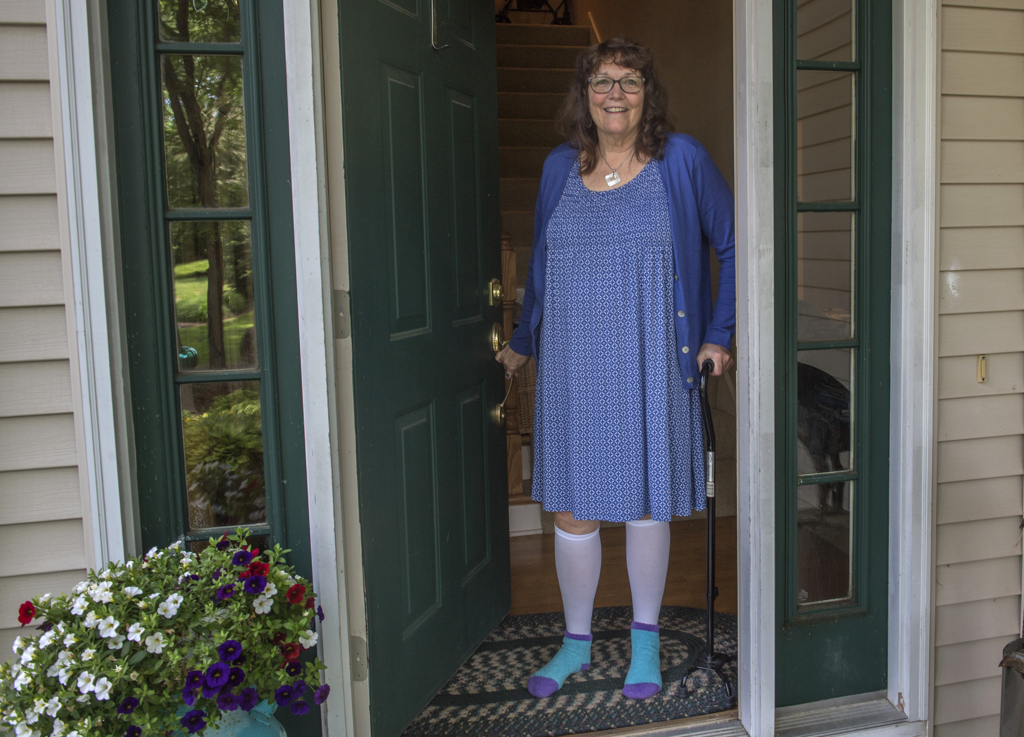

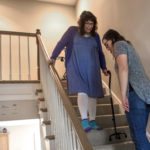




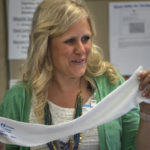


 /a>
/a>
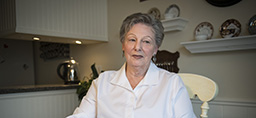 /a>
/a>
 /a>
/a>